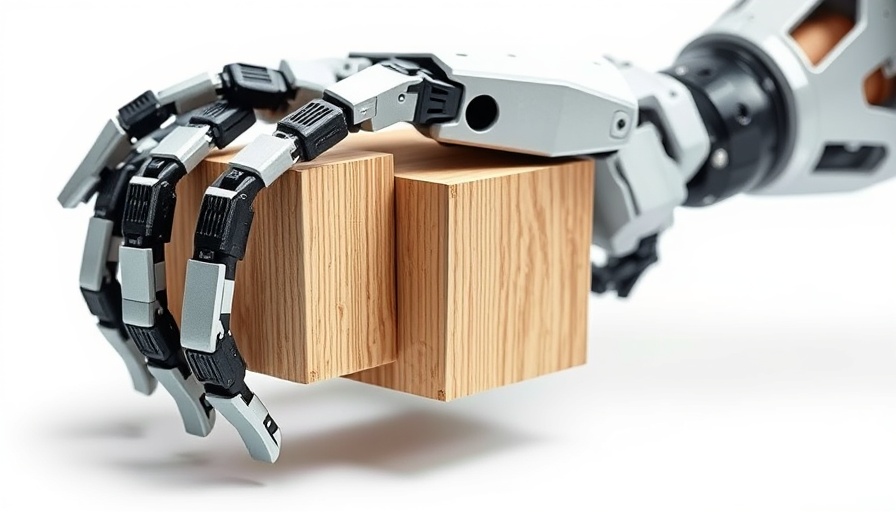
Revolutionizing Robotics for the Healthcare Sector
In a world where more than 540,000 new industrial robots were installed worldwide in 2023, the demand for sophisticated robotics in various sectors, including healthcare, is greater than ever. South Korean startup RLWRLD recently secured $14.8 million in seed funding to develop a foundational AI model that aims at significantly enhancing the capabilities of robots in professional settings. Equipped with a model that merges large language processing with traditional robotics, RLWRLD's approach could revolutionize patient care and operational efficiency in hospitals.
Bridging the Gap Between Humans and Robots
RLWRLD's mission is ambitious yet necessary. Its foundational model will not only facilitate quick and agile movements for robots but also impart them with rudimentary logical reasoning capabilities. This progress means robots could potentially take over specialized tasks in healthcare settings, such as preparing surgical instruments or managing supply chains in hospitals, thereby freeing healthcare professionals to focus on more critical patient care duties.
The Value of Investment in AI-Driven Robotics
Notable investors such as LG Electronics and SK Telecom are backing RLWRLD, believing in the transformative potential of their technology. Each dollar of the $14.8 million funding is earmarked for extensive proof-of-concept projects that can lead to tangible healthcare solutions. The investment will support critical infrastructure developments, including securing powerful GPUs and acquiring robots capable of intricate functions—like the advanced five-finger hand movement RLWRLD aims to achieve.
A New Era for Automation in Healthcare
Ryu has expressed his commitment to improving how robots and AI interact in human-centric workflows within the healthcare industry. With a demonstration of a humanoid-based autonomous action slated for later this year, RLWRLD looks to set the stage for robots that can seamlessly blend into clinical environments—facilitating procedures and improving patient outcomes. As healthcare continues to embrace digital transformation, RLWRLD’s groundbreaking work could place it at the forefront of this movement, significantly impacting how healthcare services are delivered.
Implications for Healthcare Professionals
For IT managers, healthcare professionals, and administrators, these developments may lessen the burden of mundane tasks through automation, thereby enhancing professional capacities. Understanding and adapting to this evolution in robotics will be crucial in improving efficiency in healthcare settings and ultimately ensuring enhanced patient care.
 Add Row
Add Row  Add
Add 




Write A Comment